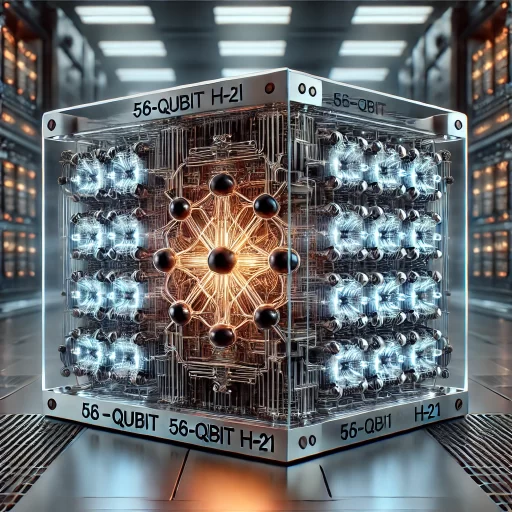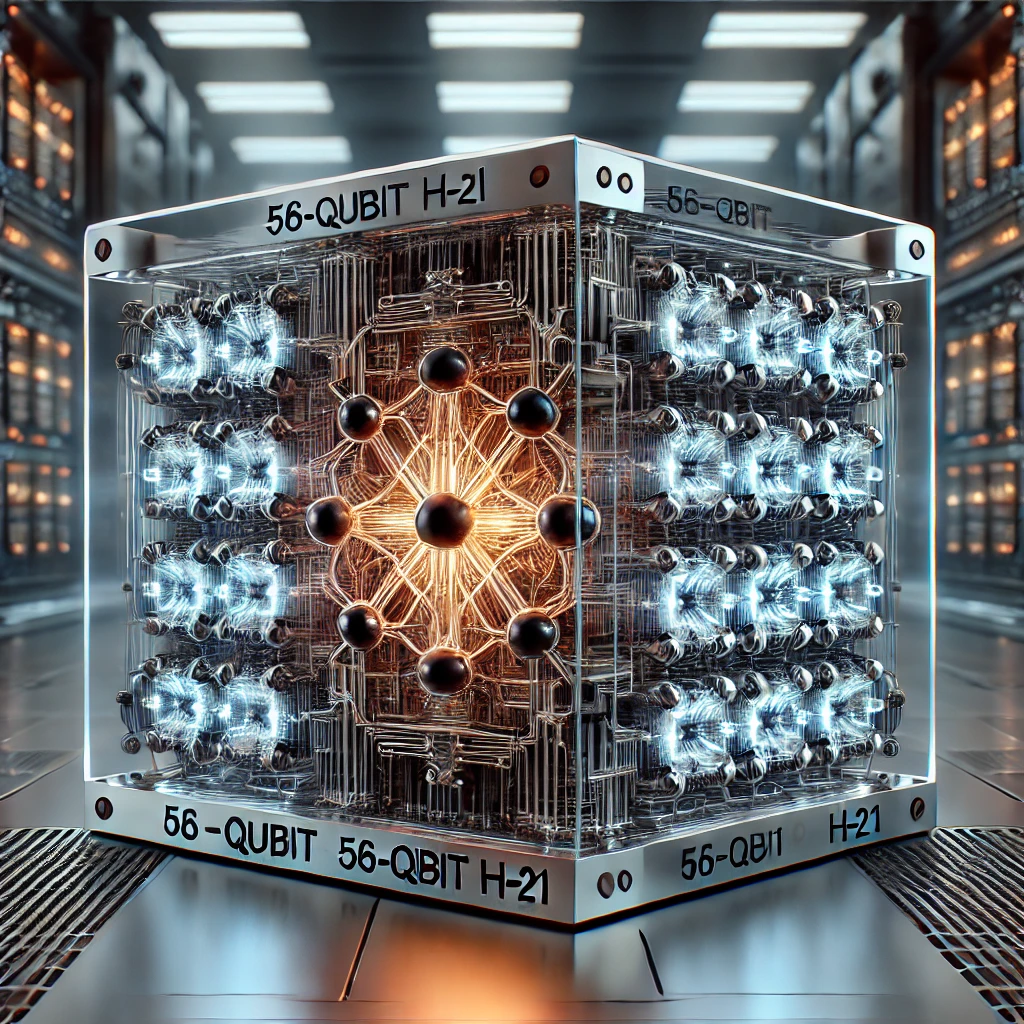In a groundbreaking advancement for quantum computing, a new quantum computer has shattered previous records in “quantum supremacy,” outperforming Google’s Sycamore machine by a remarkable 100-fold. This milestone was achieved using the 56-qubit H2-1 computer developed by Quantinuum.
Benchmarking Quantum Performance
Researchers at Quantinuum conducted a series of experiments to benchmark the H2-1 computer’s performance and the quality of its qubits. The findings, published on June 4 in a study on the preprint database arXiv, have yet to undergo peer review. This study demonstrates the significant potential of quantum computing technology and its rapid advancements.
Measuring Qubit Quality and Performance
To showcase the capabilities of the H2-1, Quantinuum scientists employed a well-established algorithm to assess the noise levels and error rates of qubits. Quantum computers leverage the principles of quantum mechanics and entanglement, allowing them to perform calculations in parallel. This is in stark contrast to classical computers, which operate sequentially.
The Exponential Power of Qubits
The addition of more qubits to a quantum system exponentially increases its computational power. Experts predict that future quantum computers will solve complex problems in mere seconds, tasks that would take classical supercomputers thousands of years to complete.
The Road to Quantum Supremacy
“Quantum supremacy” refers to the point at which quantum computers surpass classical computers in performance. Achieving this milestone on a practical level would require a quantum computer with millions of qubits. Currently, the largest quantum machine contains around 1,000 qubits, indicating there is still significant progress to be made.
The record-breaking performance of Quantinuum’s H2-1 computer marks a significant step forward in the journey towards quantum supremacy, highlighting the rapid advancements and promising future of quantum computing technology.





